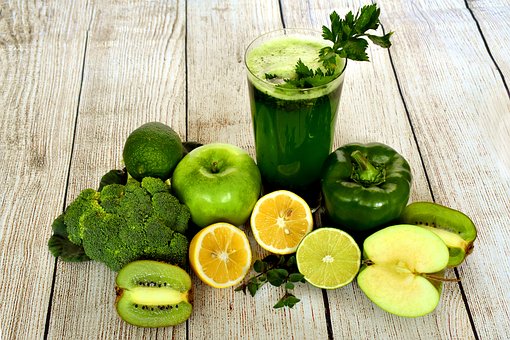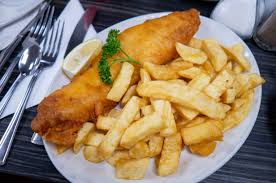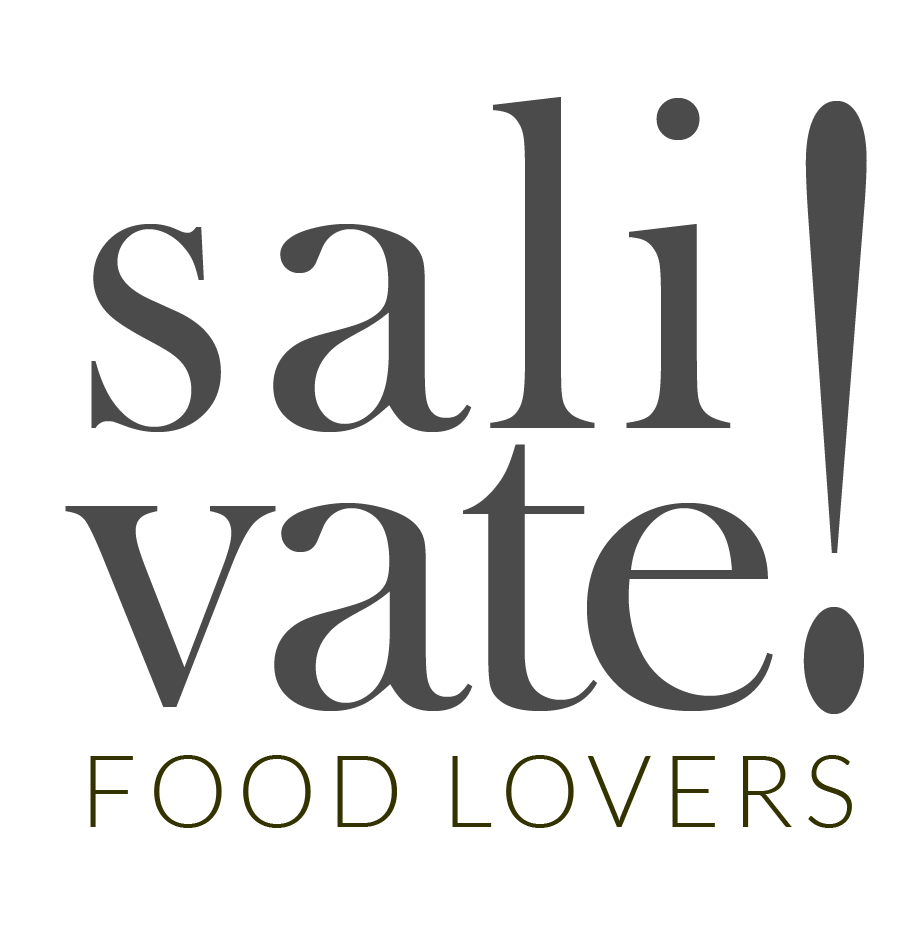Most Vegans will tell you that they can get all the vitamins and minerals that they need from their style of life. They even claim you will not need supplements: Something that Medical and Health Authorities dispute. To supplement the diet to remain healthy you should take Vitamin B12. This is important for many bodily processes, including protein metabolism and the formation of oxygen-transporting red blood cells. It also plays a crucial role in the health of your nervous system. Too little vitamin B12 can lead to anaemia and nervous system damage, as well as infertility, bone disease and heart disease. No scientific evidence supports depending on unwashed organic produce as a reliable source of vitamin B12.
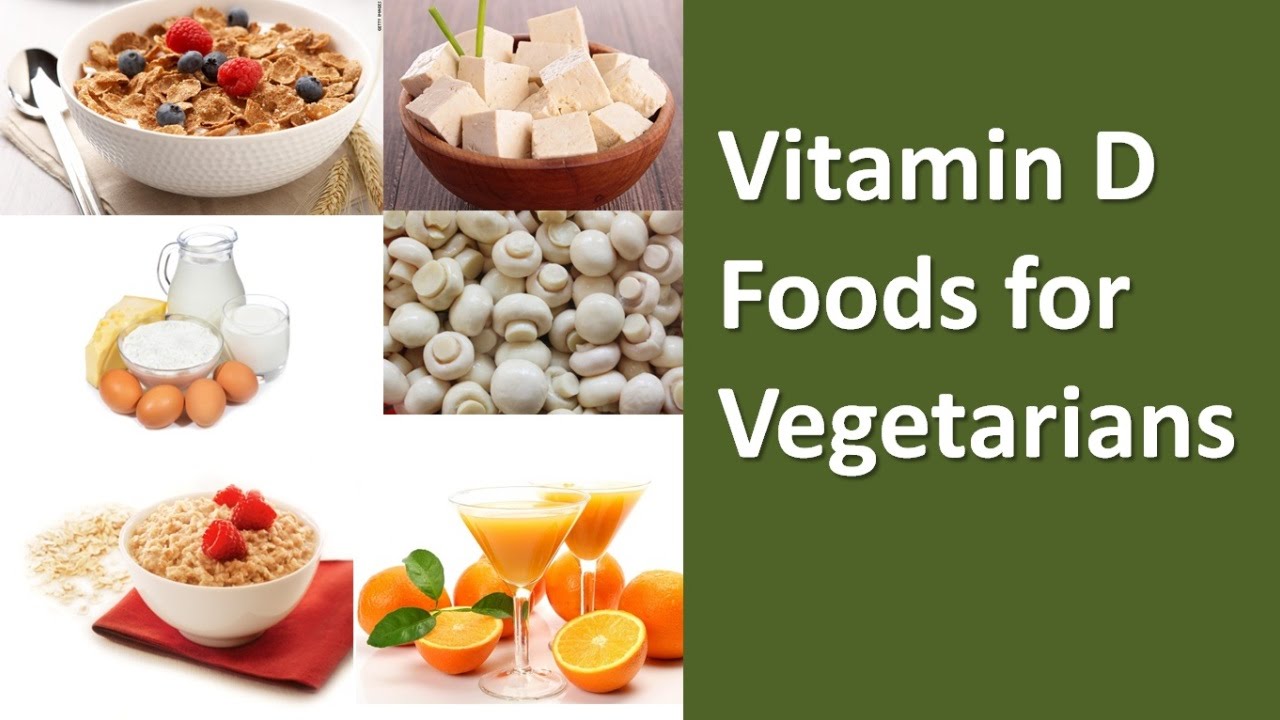 Vitamin D, a fat soluble vitamin, that enhances the absorption of calcium and phosphorous from your gut. This vitamin also influences many other bodily processes, including immune function, mood, memory and muscle recovery. Generally most people do not get sufficient Vitamin D in their life. Unfortunately not many foods are rich in Vitamin D, but the sun is a great source so we are lucky here and 15 minutes a day in strong sunlight, without protection, is normally sufficient to boost this vitamin. However, as we well know, cancer Research warns people of the dangers of unprotected exposure to the strong sun. The lack of Vitamin D is more prevalent among Vegans and vegetarians. This is a life style choice that should be avoided by pregnant women and the elderly.
Vitamin D, a fat soluble vitamin, that enhances the absorption of calcium and phosphorous from your gut. This vitamin also influences many other bodily processes, including immune function, mood, memory and muscle recovery. Generally most people do not get sufficient Vitamin D in their life. Unfortunately not many foods are rich in Vitamin D, but the sun is a great source so we are lucky here and 15 minutes a day in strong sunlight, without protection, is normally sufficient to boost this vitamin. However, as we well know, cancer Research warns people of the dangers of unprotected exposure to the strong sun. The lack of Vitamin D is more prevalent among Vegans and vegetarians. This is a life style choice that should be avoided by pregnant women and the elderly.
 Omega 3, something we all know about but do we get enough — especially Vegans and Vegetarians? Probably not! Alpha-linolenic acid (ALA) is the only essential omega-3 fatty acid, meaning you can only get it from your diet. This is vital for the health of your brain and eyes, it is also important for brain development and preventing inflammation, depression, breast cancer and ADHD. While some seeds and nuts contain Omega 3 (ALA) the lack of oily fish for example, sardines, pilchards, salmon etc means that intake falls short of recommended levels.
Omega 3, something we all know about but do we get enough — especially Vegans and Vegetarians? Probably not! Alpha-linolenic acid (ALA) is the only essential omega-3 fatty acid, meaning you can only get it from your diet. This is vital for the health of your brain and eyes, it is also important for brain development and preventing inflammation, depression, breast cancer and ADHD. While some seeds and nuts contain Omega 3 (ALA) the lack of oily fish for example, sardines, pilchards, salmon etc means that intake falls short of recommended levels.
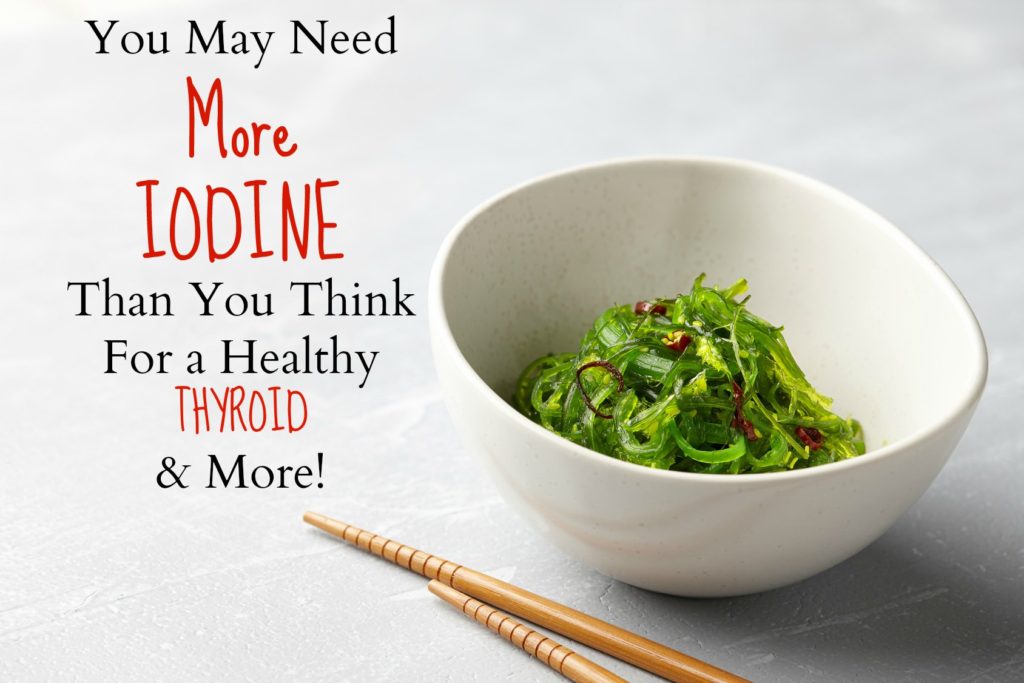 Iodine: I never thought of this as an important supplement for the body, but it affects thyroid function and metabolism In adults, insufficient iodine intake can lead to hypothyroidism. This can cause symptoms such as low energy levels, dry skin, tingling in hands and feet, forgetfulness, depression and weight gain. An iodine deficiency during pregnancy and early infancy can result in irreversible mental retardation
Iodine: I never thought of this as an important supplement for the body, but it affects thyroid function and metabolism In adults, insufficient iodine intake can lead to hypothyroidism. This can cause symptoms such as low energy levels, dry skin, tingling in hands and feet, forgetfulness, depression and weight gain. An iodine deficiency during pregnancy and early infancy can result in irreversible mental retardation
Vegans are considered at risk of iodine deficiency, and studies report that vegans have up to 50% lower blood iodine levels than vegetarians. The only foods considered to have consistently high iodine levels include iodised salt, seafood, seaweed and dairy products, which pick up iodine from solutions used to clean cows and farm equipment. Foods grown or raised near the sea are more likely to have higher quantities of Iodine. So while some of the above are not suitable for Veggies or Vegans, half a teaspoon of iodised salt and plenty of seaweed should produce enough to satisfy the body’s needs.
Coming next: Three More Reasons to be Aware of Your Necessary Intake

